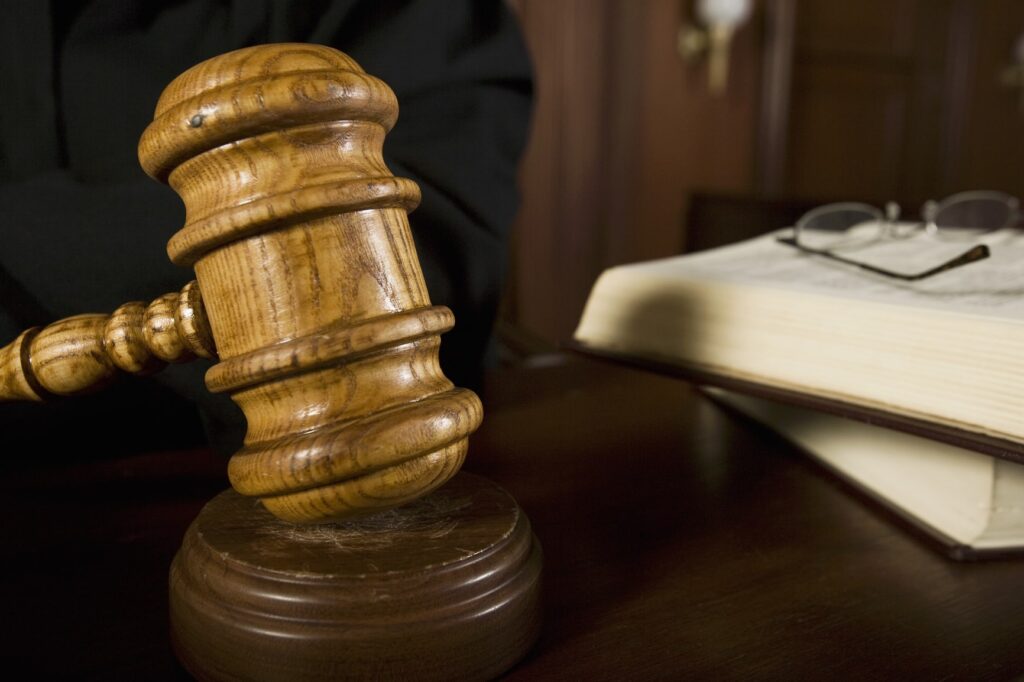Premises liability is a tort that falls under the vicarious liability umbrella. This cause of action seeks to hold a property owner responsible for any damage arising out of an injury to a person while located on the owner’s property. As all property owners have a duty to make a reasonable effort to maintain a safe environment, failure to keep the property safe results in premises liability. A premises liability case imposes vicarious liability on a property owner who fails to either warn of, or fix, a hazardous condition that he himself did not create through his own actions.
A premises liability action can be found in a wide variety of circumstances. For example, a shopkeeper can be liable for injuries caused by food dropped on the floor by other customers, or a homeowner can be liable for dangerous hazards on their property that they know of – even if they didn’t create the hazard themselves.
Premises liability is based on negligence. An accident that occurs on the owner’s premises is not sufficient to establish negligence. Instead, if an owner’s property has dangerous conditions, the owner has a duty to inspect and repair those conditions or place a warning in plain sight until the dangerous conditions can be remedied. If the owner fails to meet this duty, such as by knowing of the dangerous condition and failing to remedy it or warn of it, and the breach of that duty causes the plaintiff’s injuries, the owner can be held responsible for injuries that result from it. Notably, the owner will be liable only if the business owner has had actual or constructive notice of the condition and failed to remedy it or warn visitors about it.
Case law in each state differs and determines what injured parties can recover. States differ in this regard and focus on either the status of the person visiting or the type of property the individual is on when they are injured. For states that focus on the type of visitor, there are three general categories: invitee, licensee, or trespasser. For invitees and licensees, there is an implied invitation to enter the property and a corresponding implied promise to keep the property safe. Trespassers are individuals who enter the property without any right to be there and are unable to recover for any injury sustained, unless the owner intentionally hurts the trespasser.
For states that focus on the type of property involved, property owners have a duty to keep the property safe for all visitors, except for trespassers. In determining whether the property is kept safe, courts will consider why the visitor entered the property, the nature and characteristics of the property, the reasonableness of the owners action to repair or warn of the dangerous conditions, and the foreseeability of injury.
There are certain defenses available to property owners when a visitor is injured. For example, some states have adopted the open and obvious doctrine. This doctrine refrains from holding a landowner liable for injury to a visitor from a dangerous condition when the dangerous condition was obvious and could have been observed in the exercise of ordinary care.
Thanks to a trial lawyer with our friends at Eglet Adams for their insight on premises liability. If you have been injured on someone’s property due to their negligence, then it is time to reach out to a lawyer to take the negligent party to trial.

